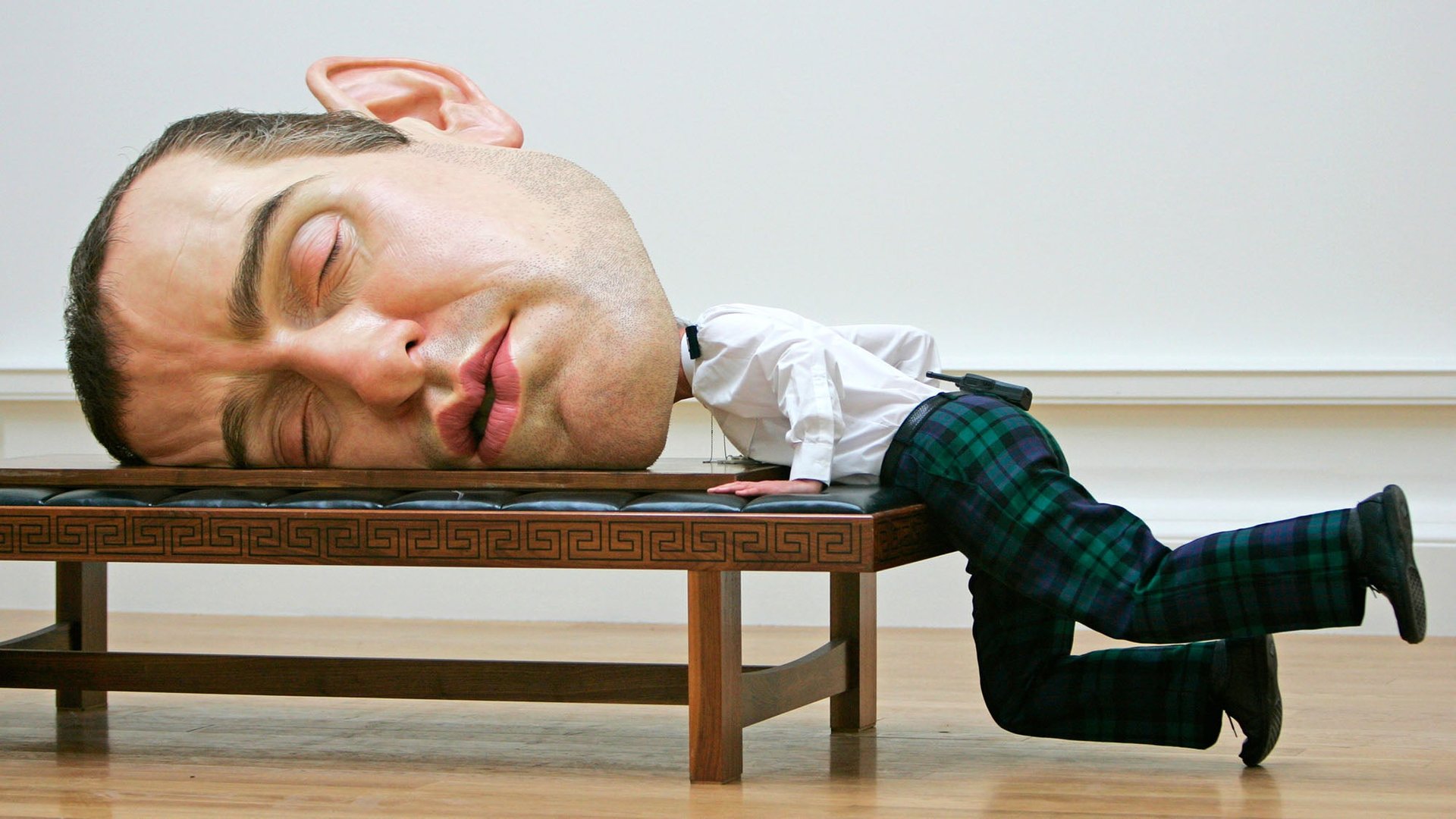The best way to figure out how many hours of sleep you need
Most people need eight hours of sleep, but a small fraction can do with less than six.


Most people need eight hours of sleep, but a small fraction can do with less than six.
Ying-Hui Fu, a sleep researcher at the University of California at San Francisco, discovered a gene—called DEC2—associated with people who can get away with less than six hours of sleep without any adverse health effects. These folks had gained some form of sleep resistance, which helps them ward off negative effects on cognition or risks of cardiovascular diseases that usually arise from sleep deprivation.
The gene seems relatively rare, and Fu hasn’t done enough research yet to predict its frequency in the general population. But she believes that the gene works by affecting the circadian rhythm and thus changes how the usual day-night cycle operates in these people.
As one of the foremost researchers of sleep, she took to Reddit to answer some frequently asked questions. Here is an edited and condensed version.
You’ve said that those with the DEC2 gene feel refreshed. Are there really no negative effects on their body in comparison to normal sleepers?
From what we can tell and from what they told us, these short sleepers are pretty energetic. And we believe that they feel refreshed since they can go on all day and be active. We have not seen any health problems associated with these people. Some of our research subjects are in their 90s. On the flip side, these natural short sleepers feel, in their own words, “awful” if they sleep more.
I only get 4-5 hours of sleep and feel pretty good every morning. Do I have the DEC2 gene? Is there any risk of this kind of sleep schedule coming back to hurt me physiologically in the future?
This really depends on whether your body truly only needs 4-5 hours of sleep. From what we can tell, most of the people who truly only need 4-6 hours of sleep don’t seem to have any obvious health problems.
There is no genetic testing available right now for you to find out for yourself if you have the DEC2 gene. The mutations that we find are pretty rare.
How can an average person quantify the length and quality of their sleep, and potentially identify sleep problems?
The best way is to listen to your body and figure out what is the best schedule and duration for yourself. For example, when you are on vacation and have no social responsibilities and no other external influences, what is your body telling you to do and how do you feel? What makes you feel the best most of the day? Although that may sound primitive, it’s still the most accurate way.
Today’s popular wearables can only measure movement and maybe heart rate. They cannot tell you anything about the quality of your sleep. To really know the quality of sleep, we have to be able to measure EEG (electroencephalogram) during sleep. Most EEG devices are difficult to use and expensive.
For those of us that don’t have this gene, is there any way for us to feel better with less sleep?
I was one of the people who hated sleep and tried everything there was to sleep less before I started this research. Now, I wish I never messed with my sleep in my younger years. From what I know, it is not worth it. It will increase your chance of having health problems later on and it definitely will affect your mental vigilance.
So my tip is to make sure you get good night sleep. You can help by getting comfortable sleep accessaries such as pillows, bedding, etc. If your environment is noisy, use ear plugs. Do what you need to do to get good and sound sleep.
What do you think about drugs like Modafinil which supposedly lessen the need for sleep?
Personally, I don’t take anything other than coffee and tea no matter how busy and tired I am. My reason is that we don’t really know much about how sleep is regulated right now. Most of these drugs will affect something in our brain, but we don’t know how they affect it and what the long term consequences will be. My brain is very important to me and I just don’t want to mess with it without knowing what exactly the compound is doing to my brain.
Of course, coffee and tea are also chemicals (caffeine). But at least humans have been consuming them for a long time and no significant health problem has been connected to them yet. So I am more comfortable using them. Still, everything in moderation.